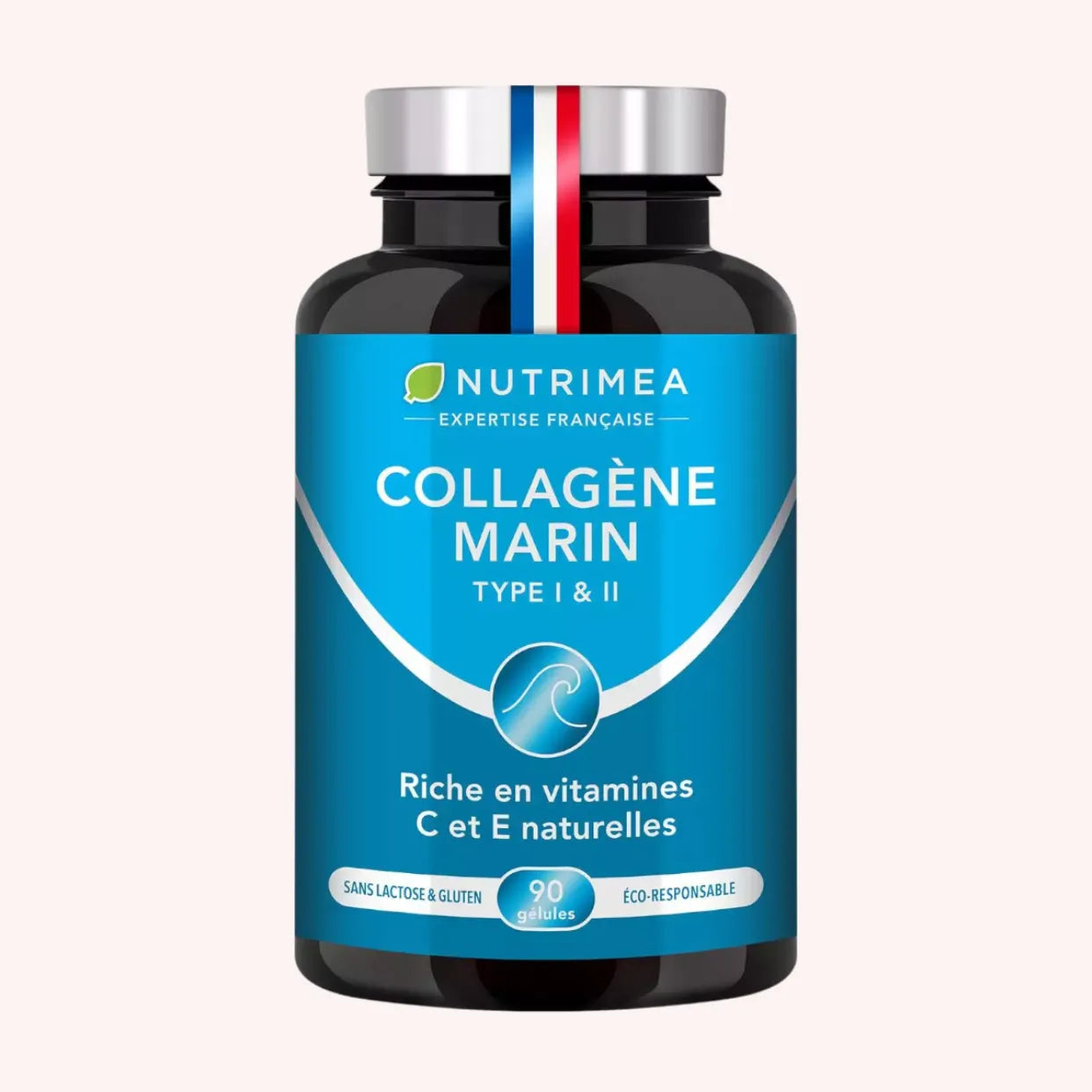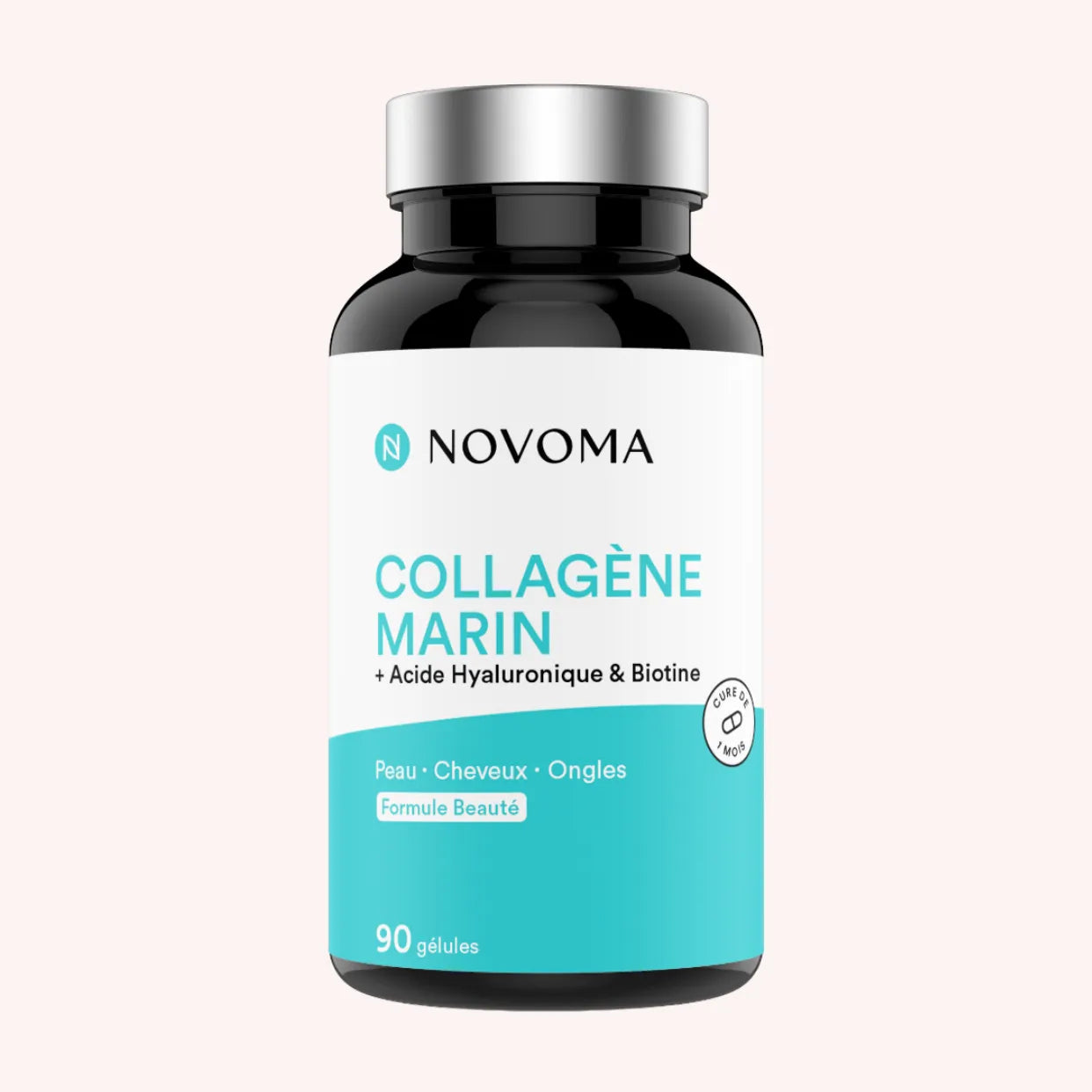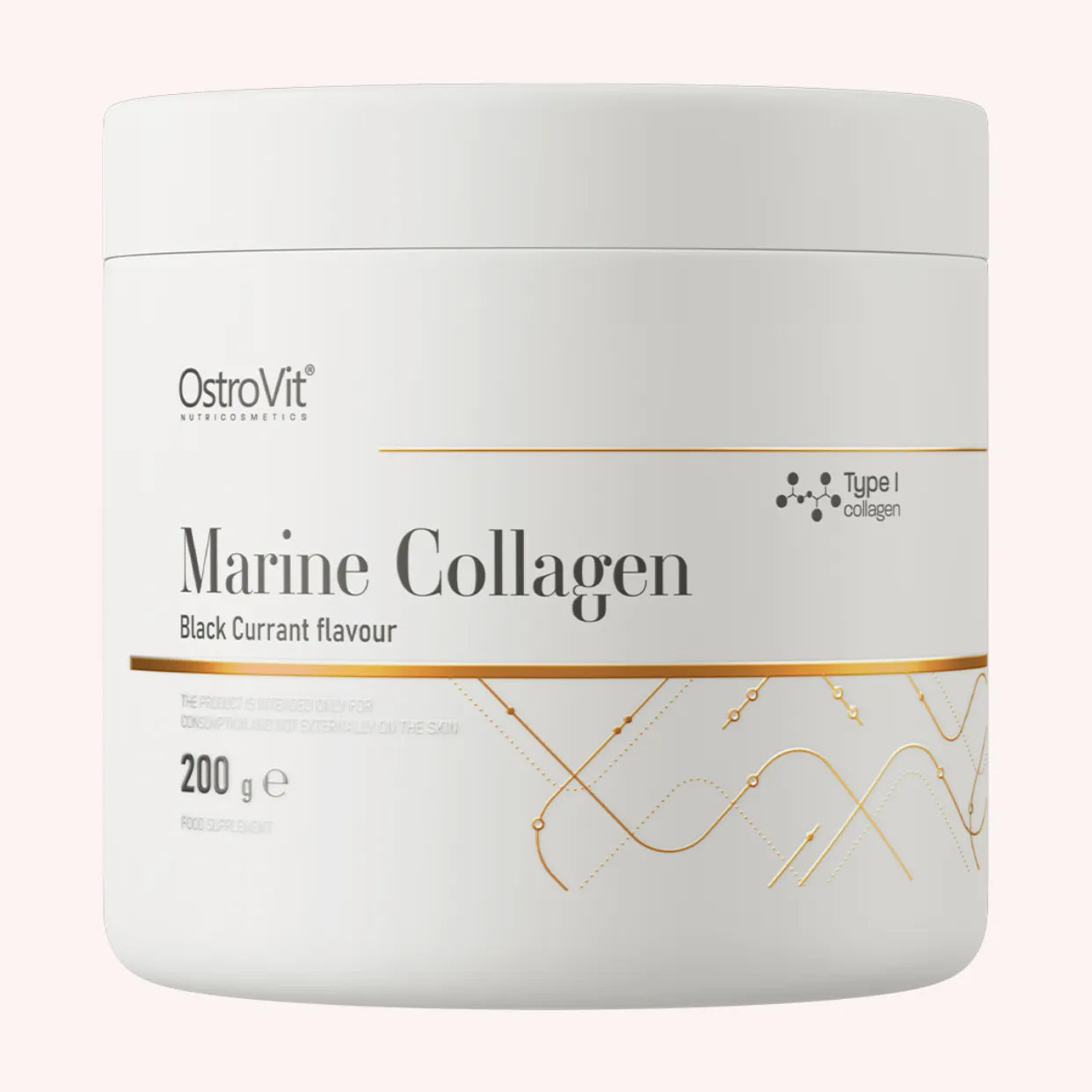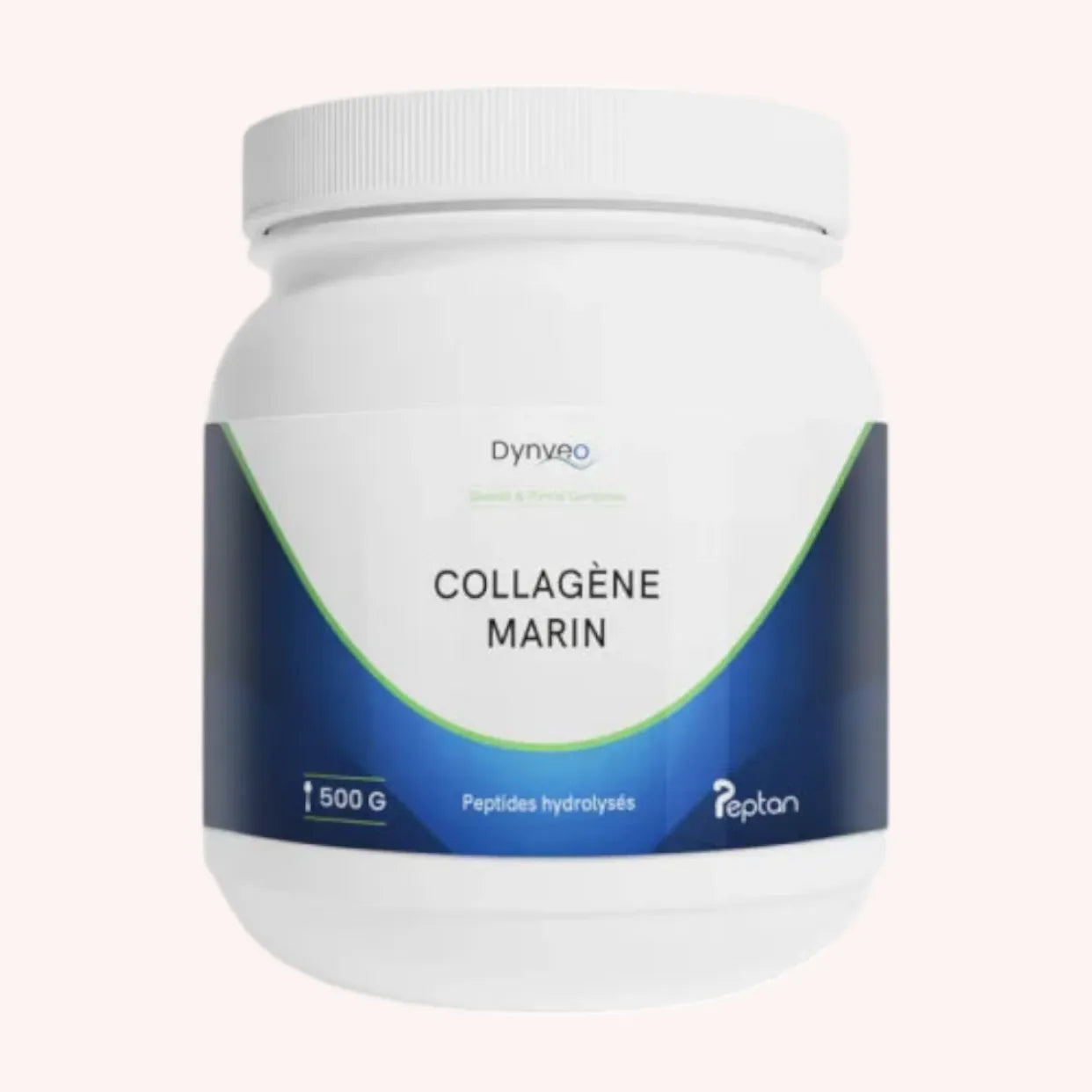Marine collagen has become a highly sought-after dietary supplement , particularly in the field of sports nutrition. Appreciated for its benefits on the health of the skin , joints and connective tissues , it appeals to many fitness and bodybuilding enthusiasts.
However, despite its success, it is essential to consider the potential dangers associated with its consumption. Here, we will analyze the risks associated with taking marine collagen and the precautions you need to take for safe use.
What is marine collagen?
Marine collagen is a protein extracted from the skin, scales or bones of fish such as salmon, pollock and tilapia. It is usually hydrolyzed to make it easier for the body to absorb.
Its similar structure to human collagen makes it an effective supplement to support the health of connective tissues, including the skin and joints.
The potential risks of marine collagen
Fish allergies
One of the main concerns about consuming marine collagen is the risk of allergies. People who are allergic to fish may develop allergic reactions when consuming this type of collagen. Symptoms may include itching, rashes, swelling, or even difficulty breathing. It is essential for anyone with a seafood allergy to consult a healthcare professional before considering taking marine collagen .
Keep in mind that even without a known allergy, some people may develop a sensitivity or intolerance to marine collagen, manifested by digestive disorders such as nausea, bloating, or diarrhea. We recommend starting with a small dose and observing how your body reacts before increasing the amount consumed.
Heavy metal contamination
Heavy metal contamination, such as mercury, lead, or arsenic, is another major concern. These metals can accumulate in fish tissues due to water pollution. If collagen is extracted from fish from polluted areas, it may contain dangerous levels of these substances. Regular consumption of contaminated marine collagen can have long-term adverse health effects, including damage to the nervous system, liver, and kidneys. To minimize this risk, it is important to choose products that come from reliable sources and are tested for purity.
It is important to note that European regulations impose strict limits on the levels of heavy metals in dietary supplements. However, not all products always meet these standards, making it essential to check for quality certifications when purchasing marine collagen.
Drug interactions
Marine collagen may interact with some medications, particularly blood thinners. Collagen contains amino acids that can potentially increase blood clotting, which could interfere with medications intended to reduce the risk of blood clots. People taking medications, particularly for cardiovascular conditions, should consult their doctor before incorporating marine collagen into their routine.
In addition to blood thinners, marine collagen may interact with other medications, such as nonsteroidal anti-inflammatory drugs (NSAIDs) and some blood pressure medications. It is therefore essential to discuss with a healthcare professional to avoid any unwanted interactions.
Risks of overdose
Although marine collagen is generally well tolerated, excessive consumption can lead to unwanted side effects. An overdose of protein, including collagen, can overload the kidneys, especially in people with already compromised kidney function. Additionally, excess collagen can cause digestive upsets such as bloating, constipation, or diarrhea.
Another risk associated with overdose is hypercalcemia, a condition where calcium levels in the blood are too high. Although rare, this condition can occur if marine collagen is consumed in large amounts over a long period of time, especially if calcium supplements are also taken. Symptoms of hypercalcemia include nausea, vomiting, muscle weakness, and mental confusion.
Precautions to take
Choosing a quality product
The quality of the health food supplement "Marine Collagen" depends largely on the source of the fish and the manufacturing methods used. Opt for products from recognized brands that carry out rigorous testing of their raw materials. Make sure that the collagen comes from wild or sustainably farmed fish and that it is free of contaminants.
Also look for certifications like the Marine Stewardship Council (MSC) label, which ensures that the collagen is sourced sustainably and environmentally friendly. Products with the Good Manufacturing Practices (GMP) label are also recommended, as they indicate that the manufacturer follows strict manufacturing practices to ensure product quality and safety.
Consult a health professional
Before you start taking marine collagen, we advise you to consult a healthcare professional , especially if you have a medical history, are taking medications or are prone to food allergies. A medical opinion will help you determine if marine collagen is suitable for your situation and what dose would be most appropriate.
Pregnant or breastfeeding women should especially consult their doctor before taking marine collagen supplements, as the safety of this supplement during pregnancy is not fully established.
Follow dosage recommendations
Respecting the doses recommended by the manufacturer is essential to avoid side effects related to excessive consumption. Generally, a daily dose of 2.5 to 10 grams of marine collagen is considered safe and effective.
If adverse symptoms occur, reduce the dose or stop taking the supplement and consult your doctor.
Marine collagen is a great ally to support the health of your skin, joints and connective tissues. However, as with any dietary supplement , it is important to be aware of its potential risks and take all necessary precautions to ensure safe use.
By choosing a quality product, respecting the recommended doses and consulting a health professional , you can enjoy the benefits of marine collagen with peace of mind.
Sources:
- Marine Stewardship Council (MSC) - "Sustainable sourcing of marine collagen" : https://www.msc.org/what-we-are-doing/our-approach
- European Food Safety Authority (EFSA) - "Safety of collagen supplements and their recommended intake" : https://www.efsa.europa.eu/en/efsajournal/pub/2291
- Journal of Dermatological Treatment - "Four-weeks daily intake of oral collagen hydrolysate results in improved skin elasticity" : https://pubmed.ncbi.nlm.nih.gov/32009486/
- “Effects of collagen tripeptide supplement on skin properties: A prospective, randomized, controlled study” : https://pubmed.ncbi.nlm.nih.gov/24131075/










